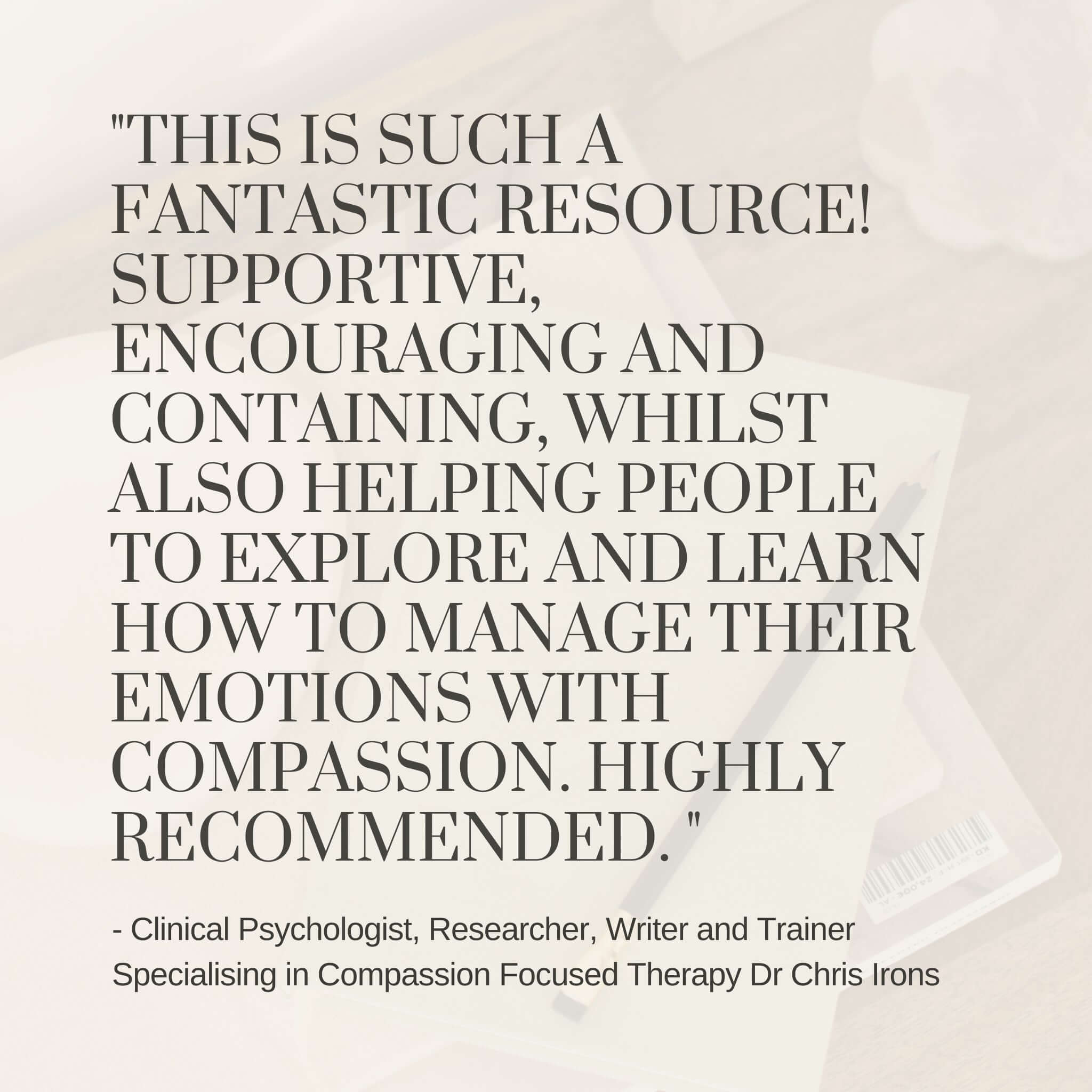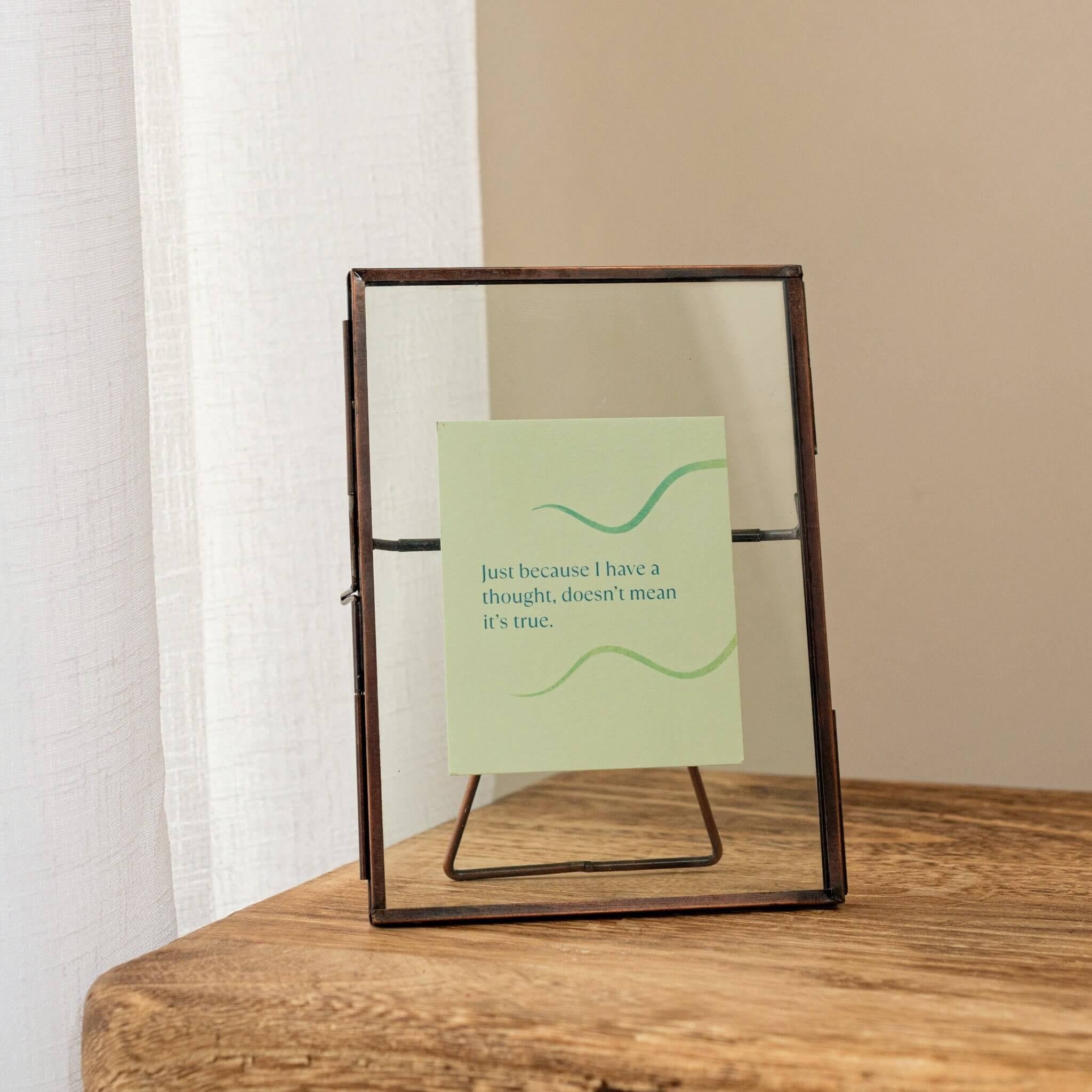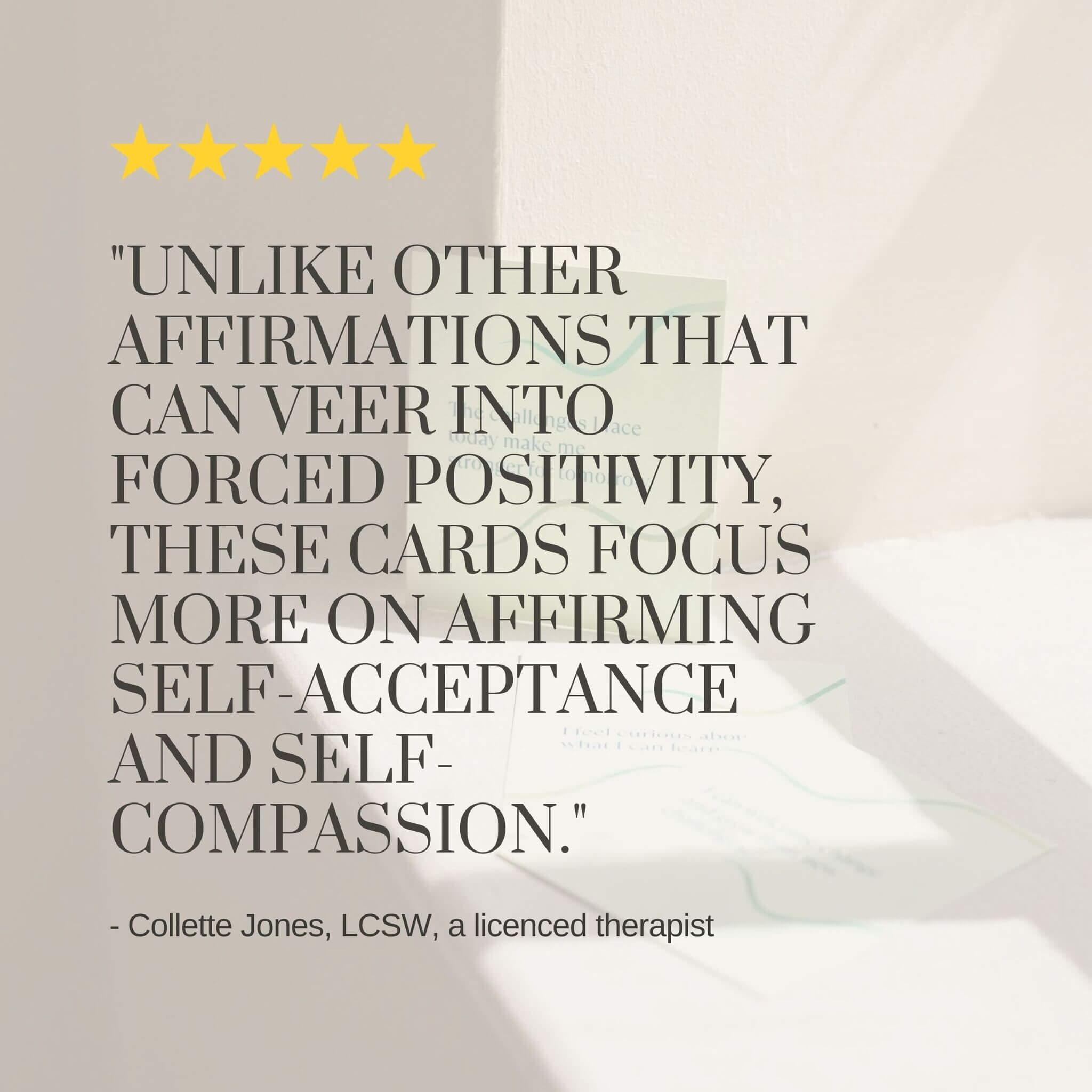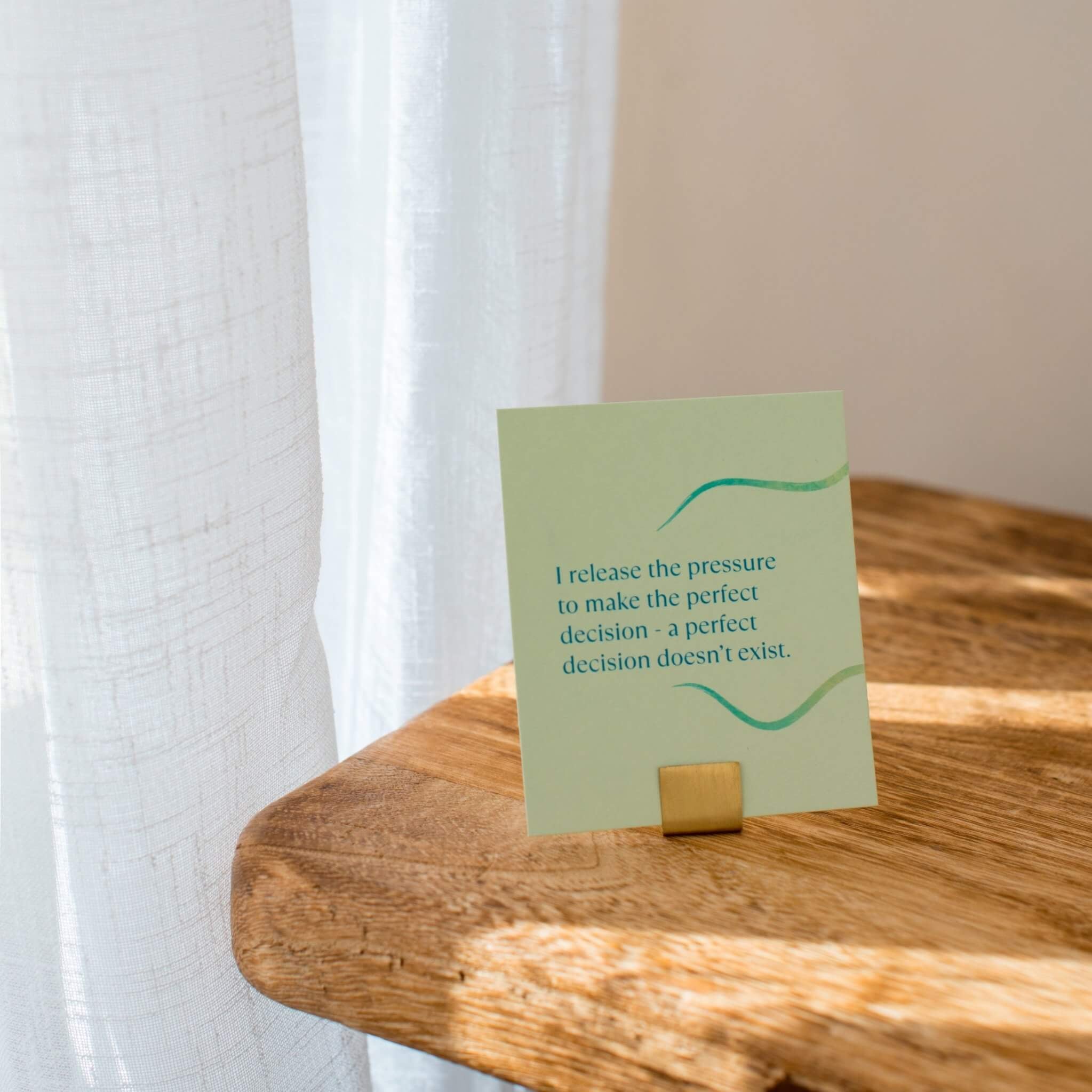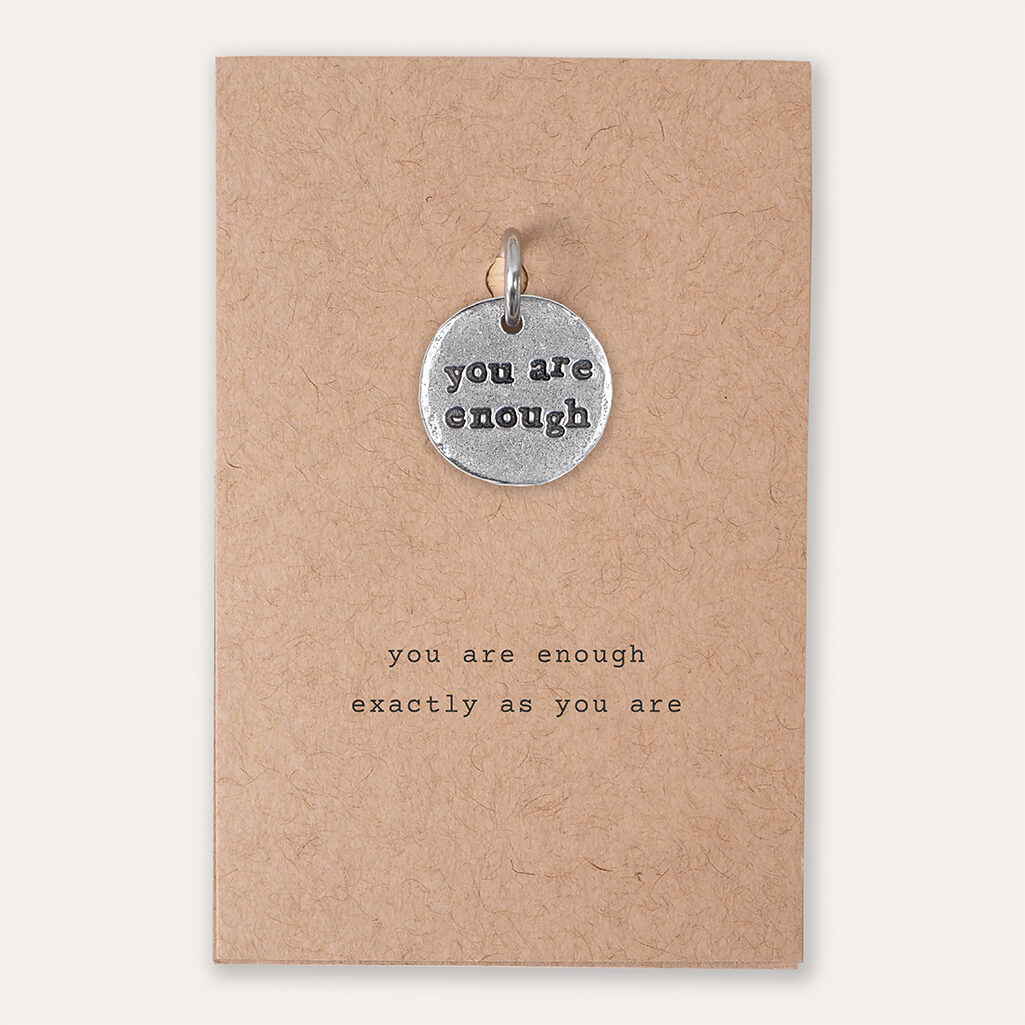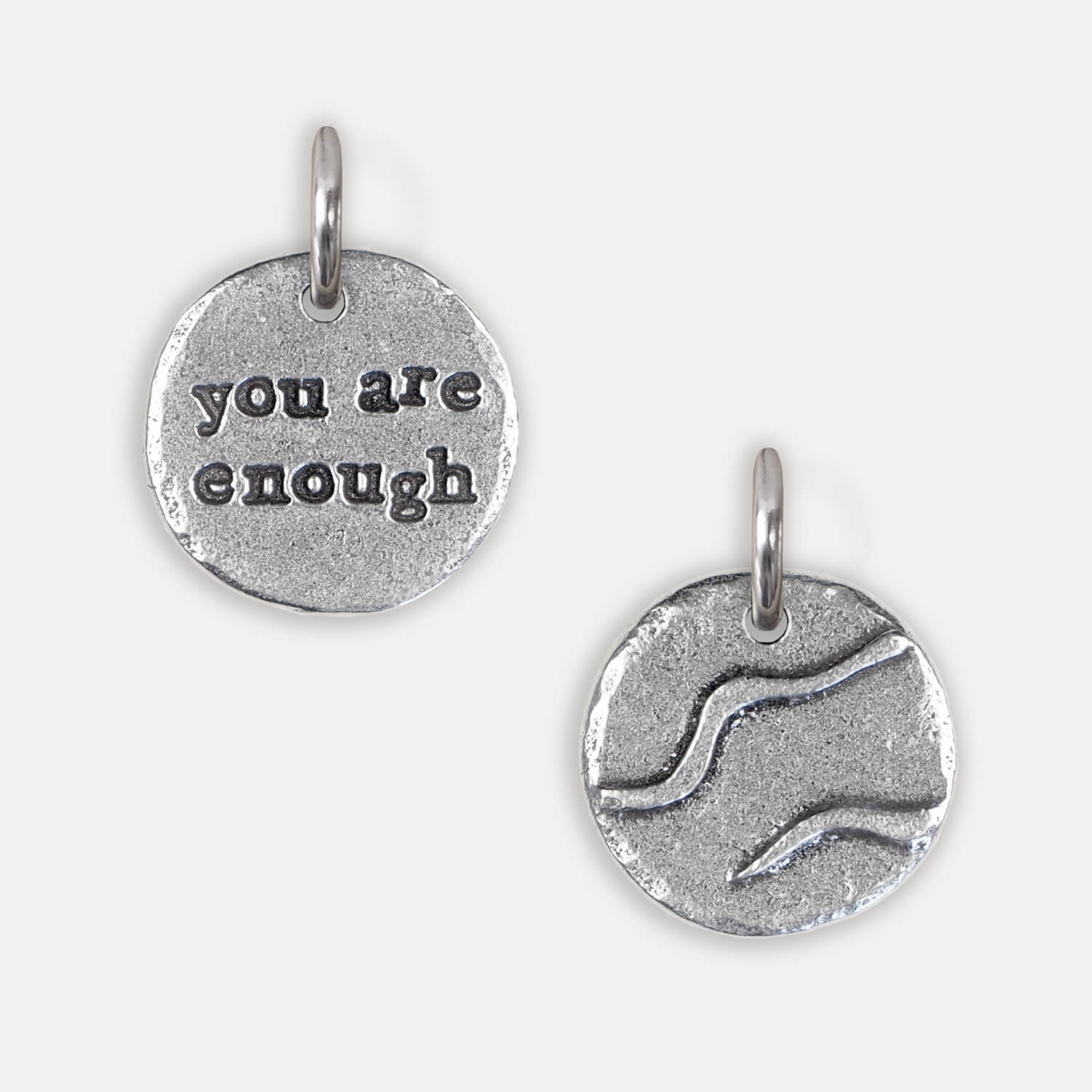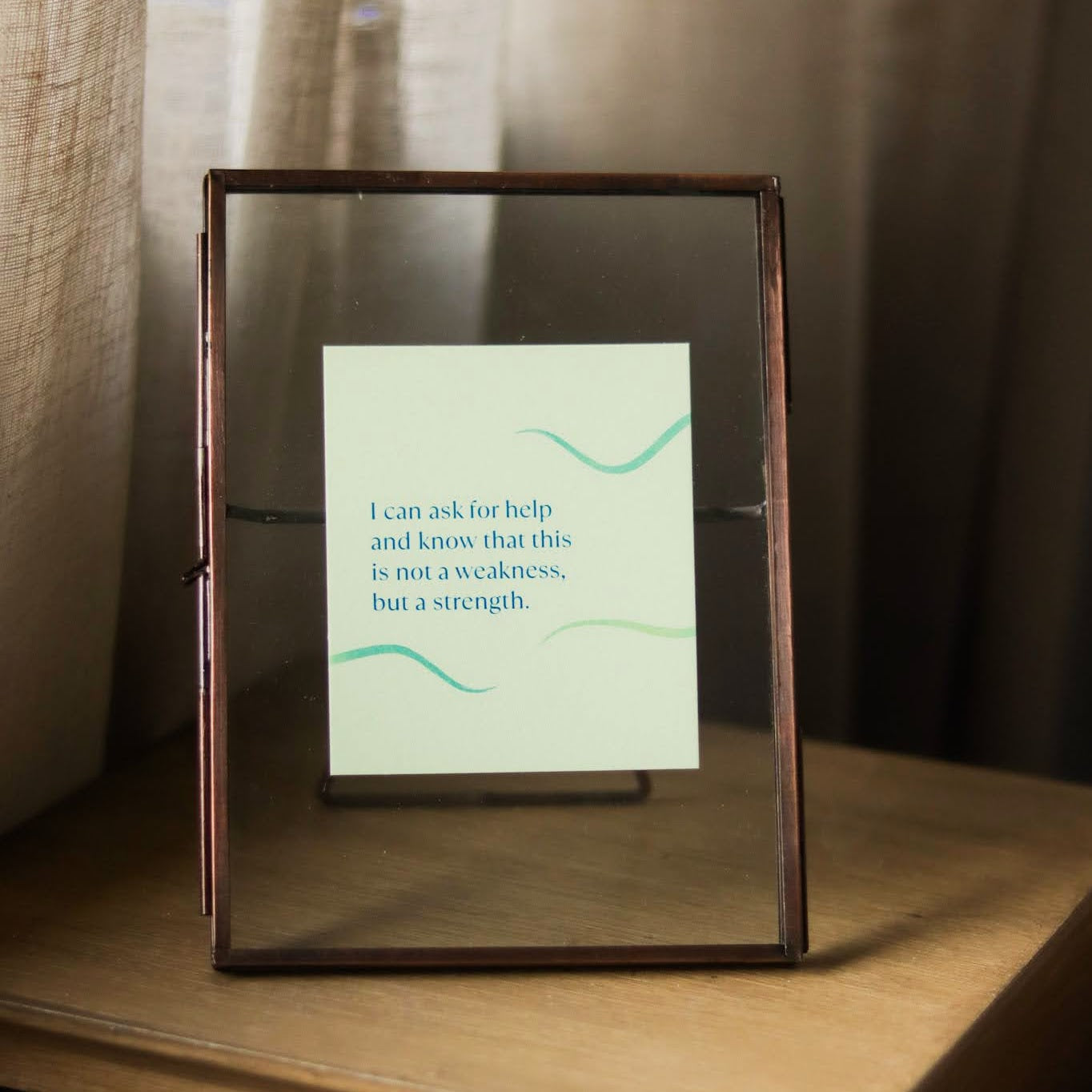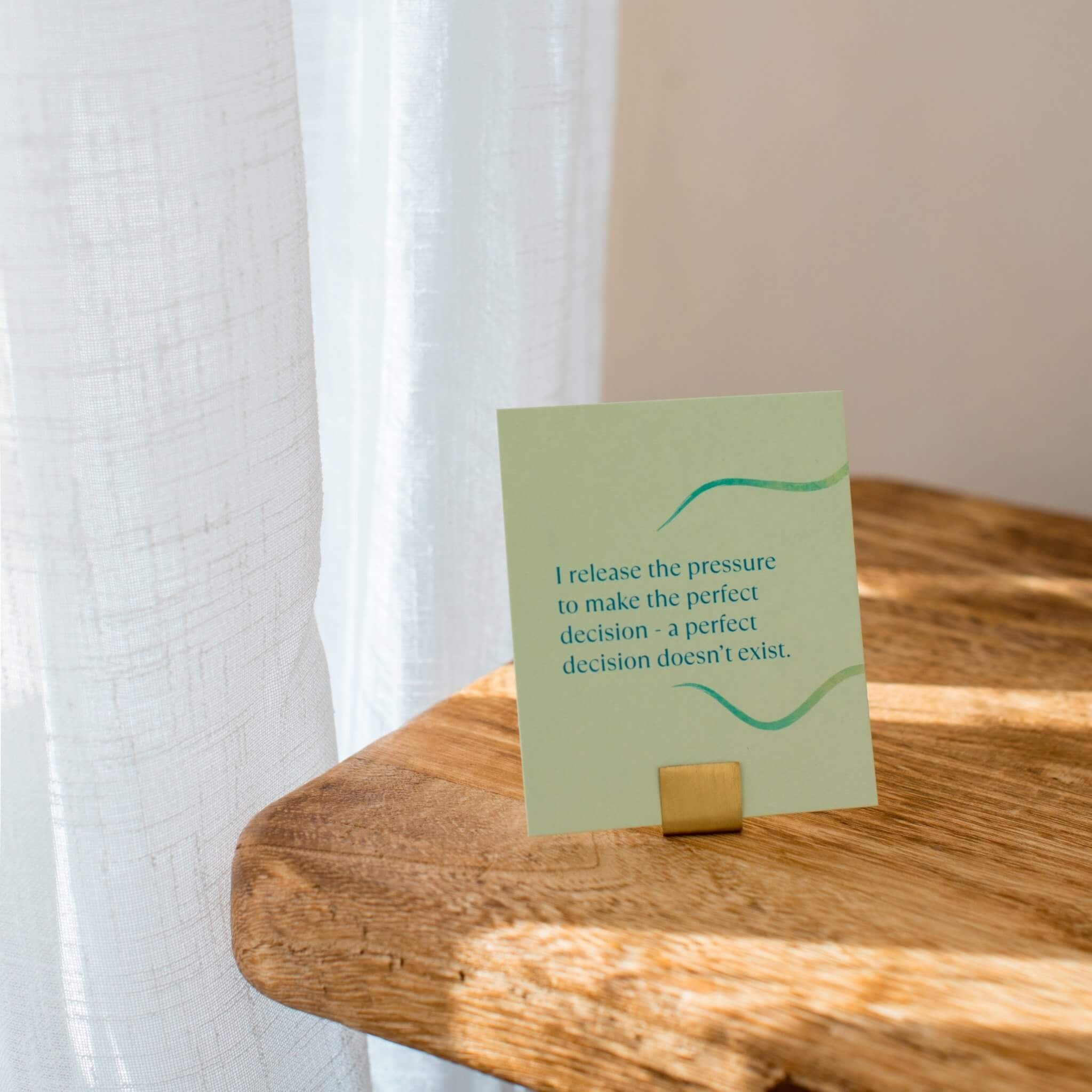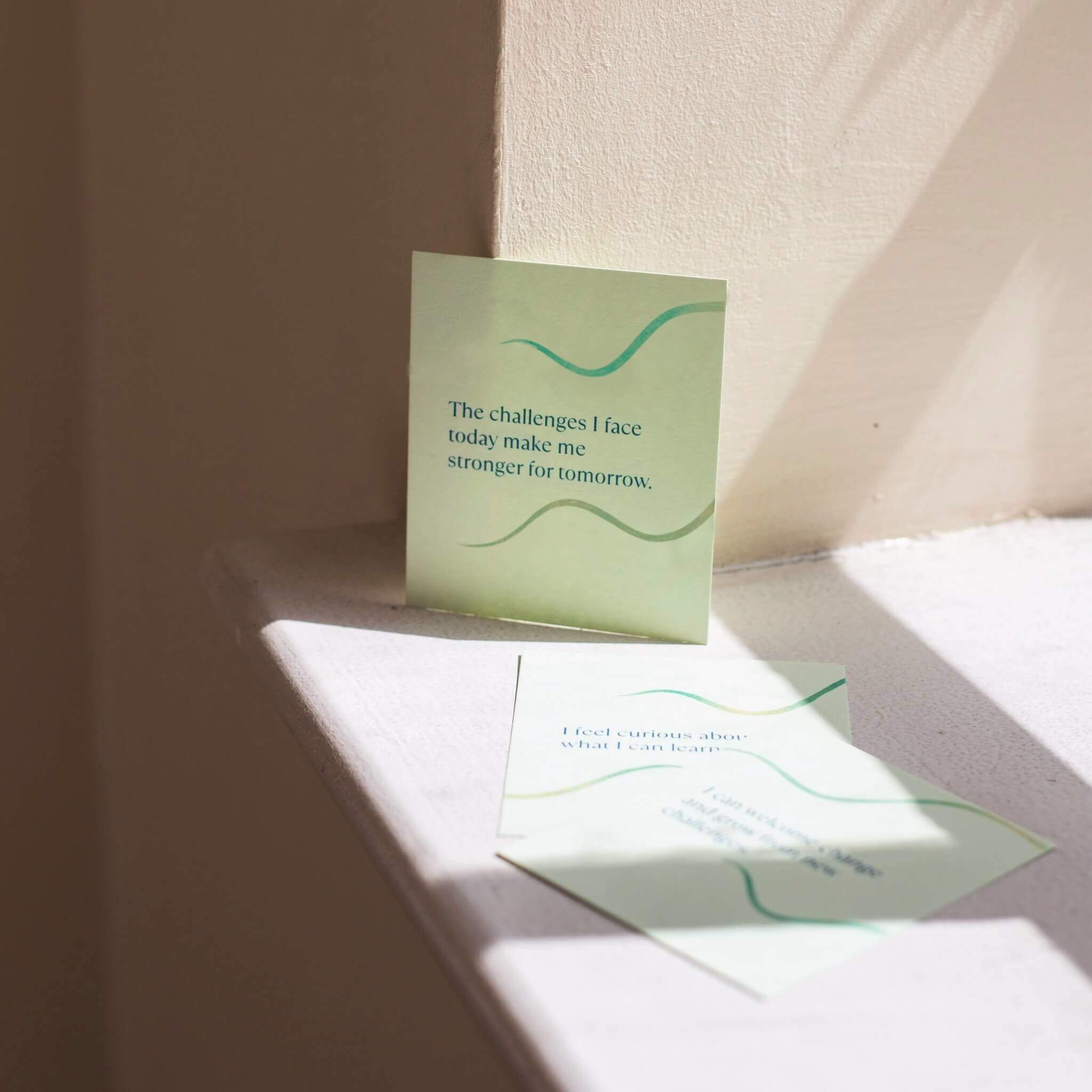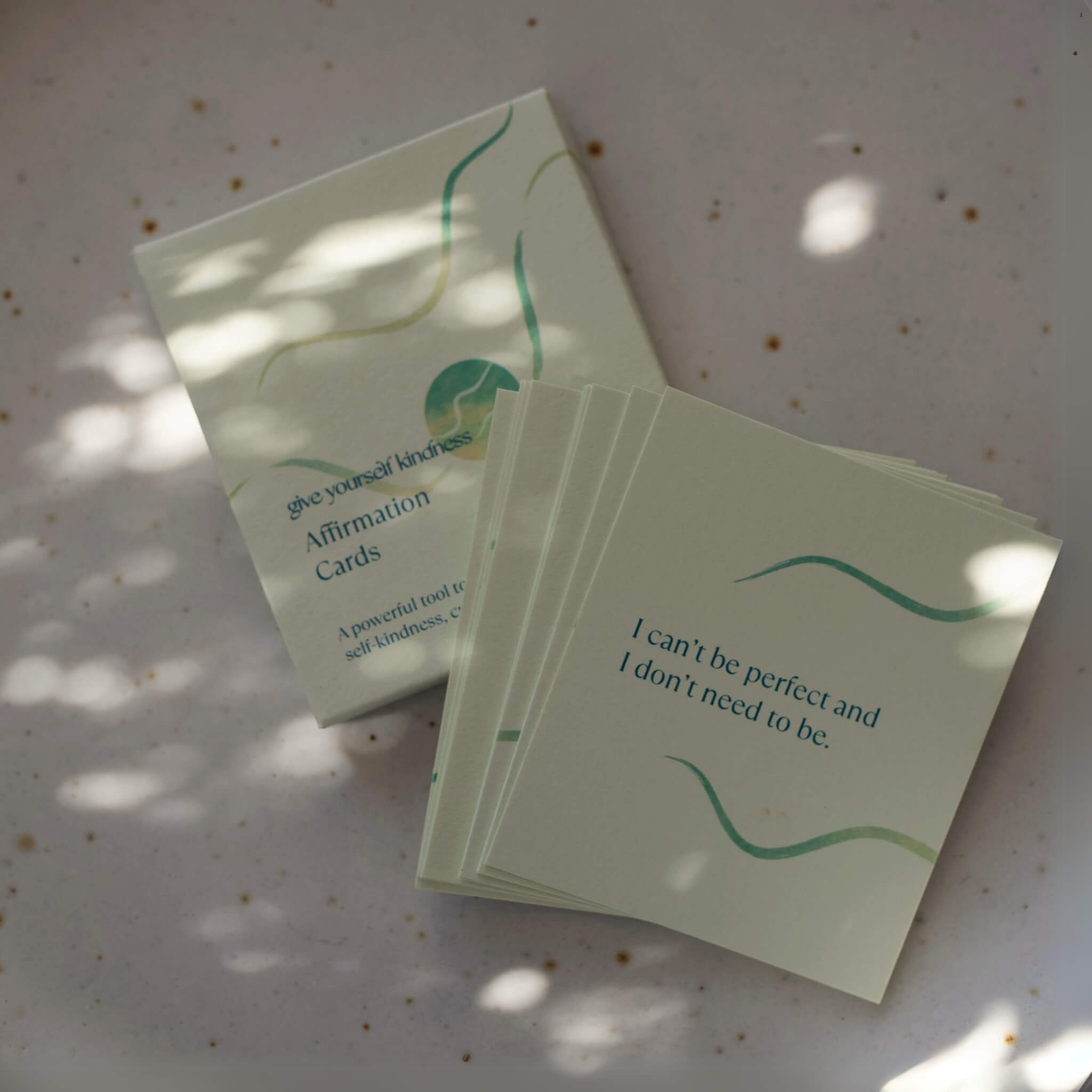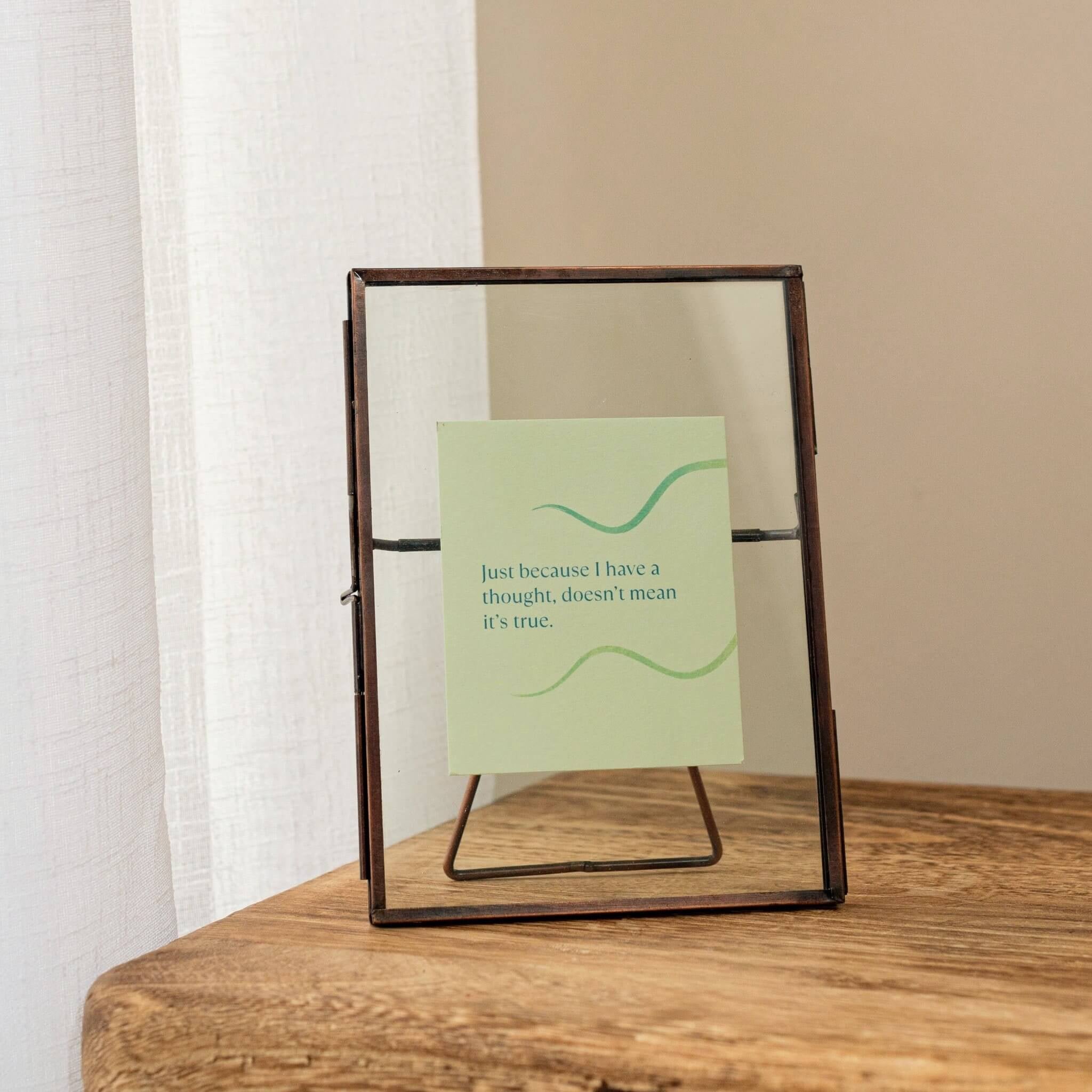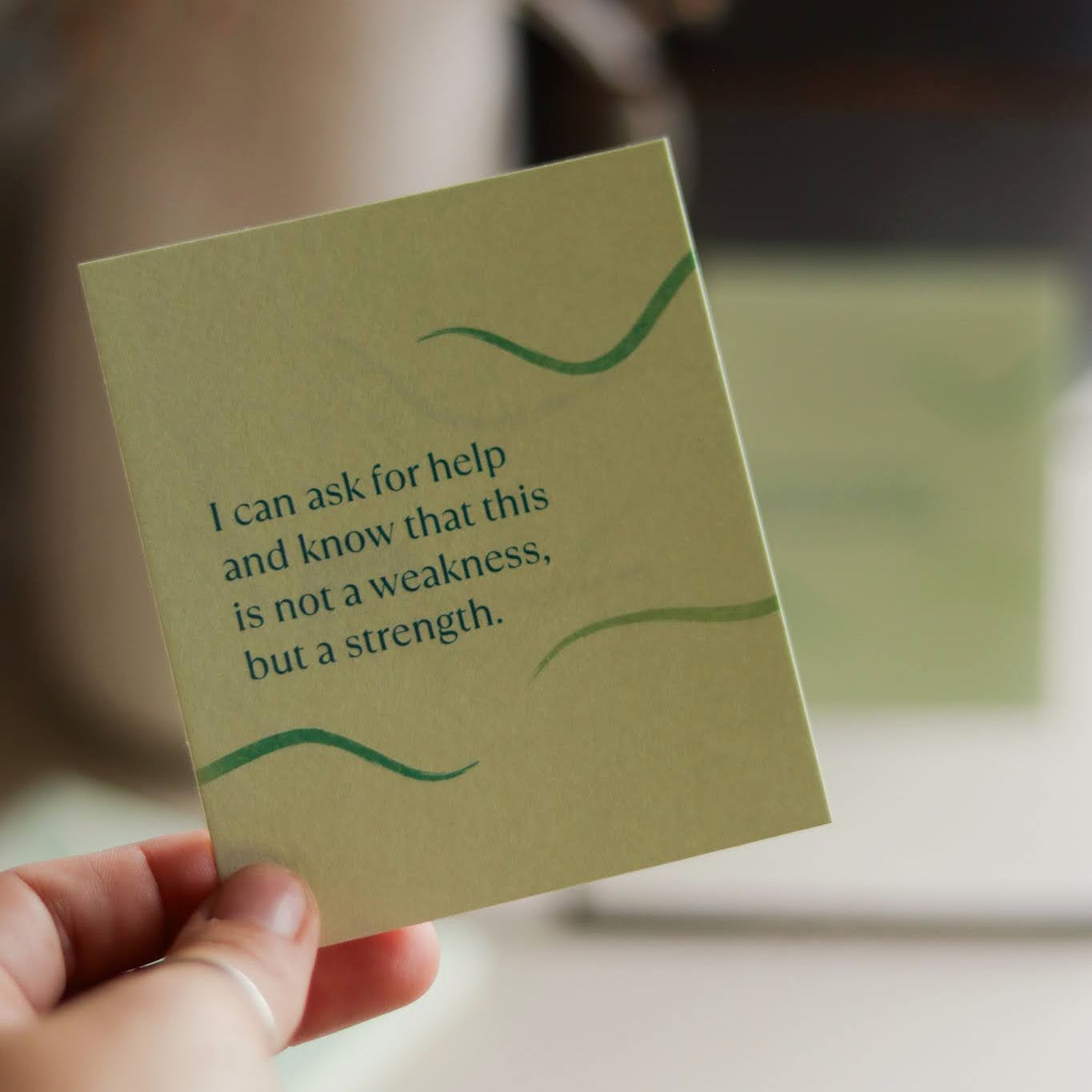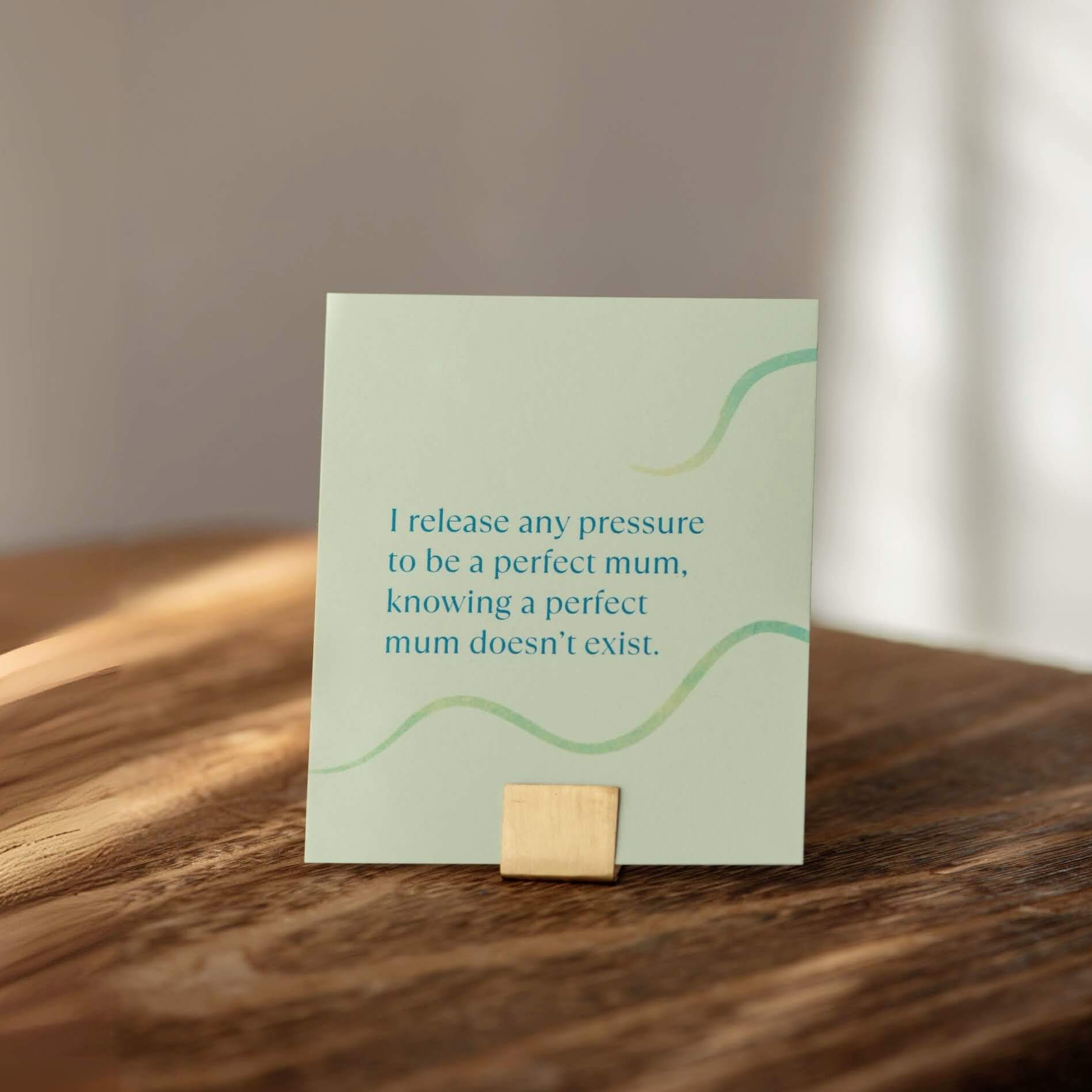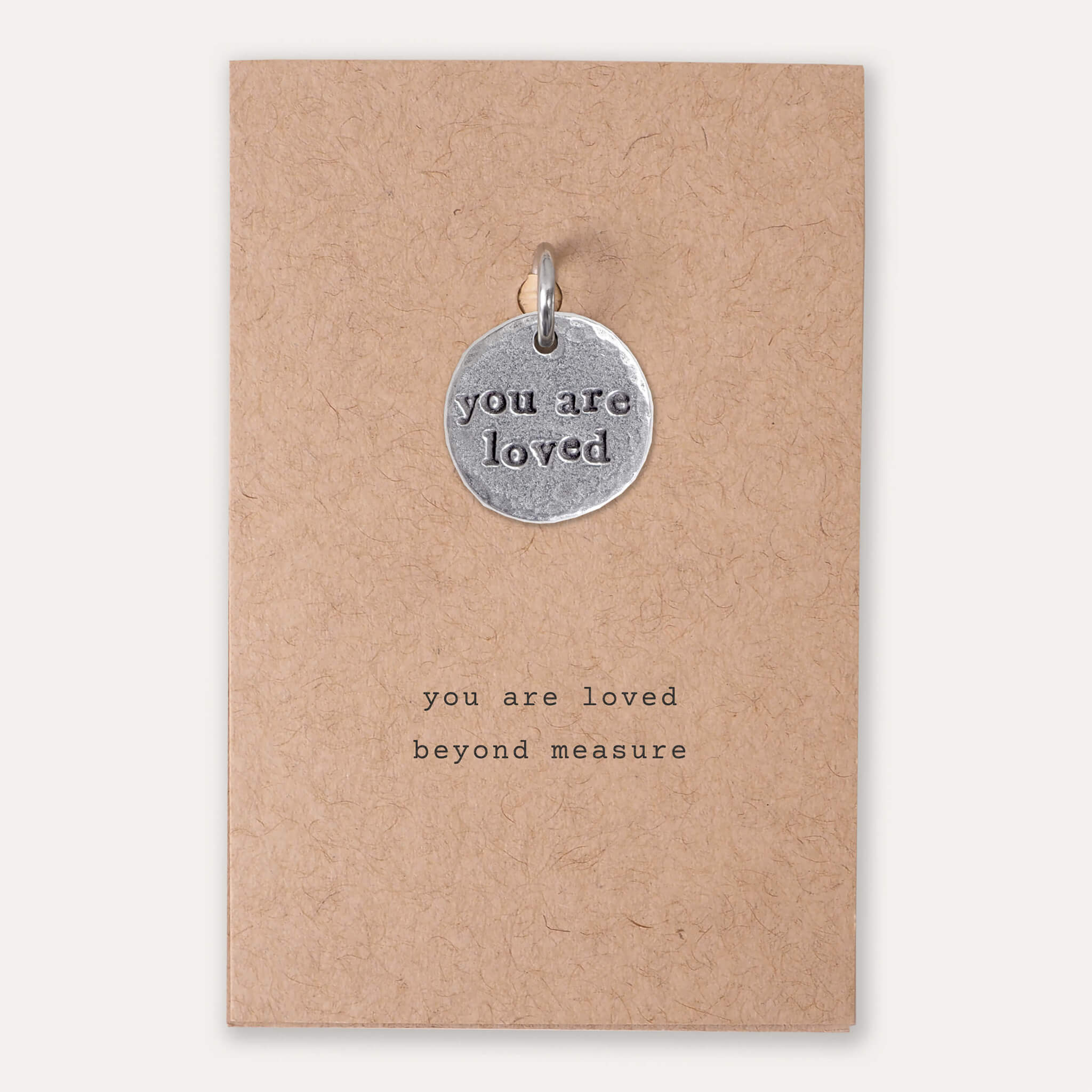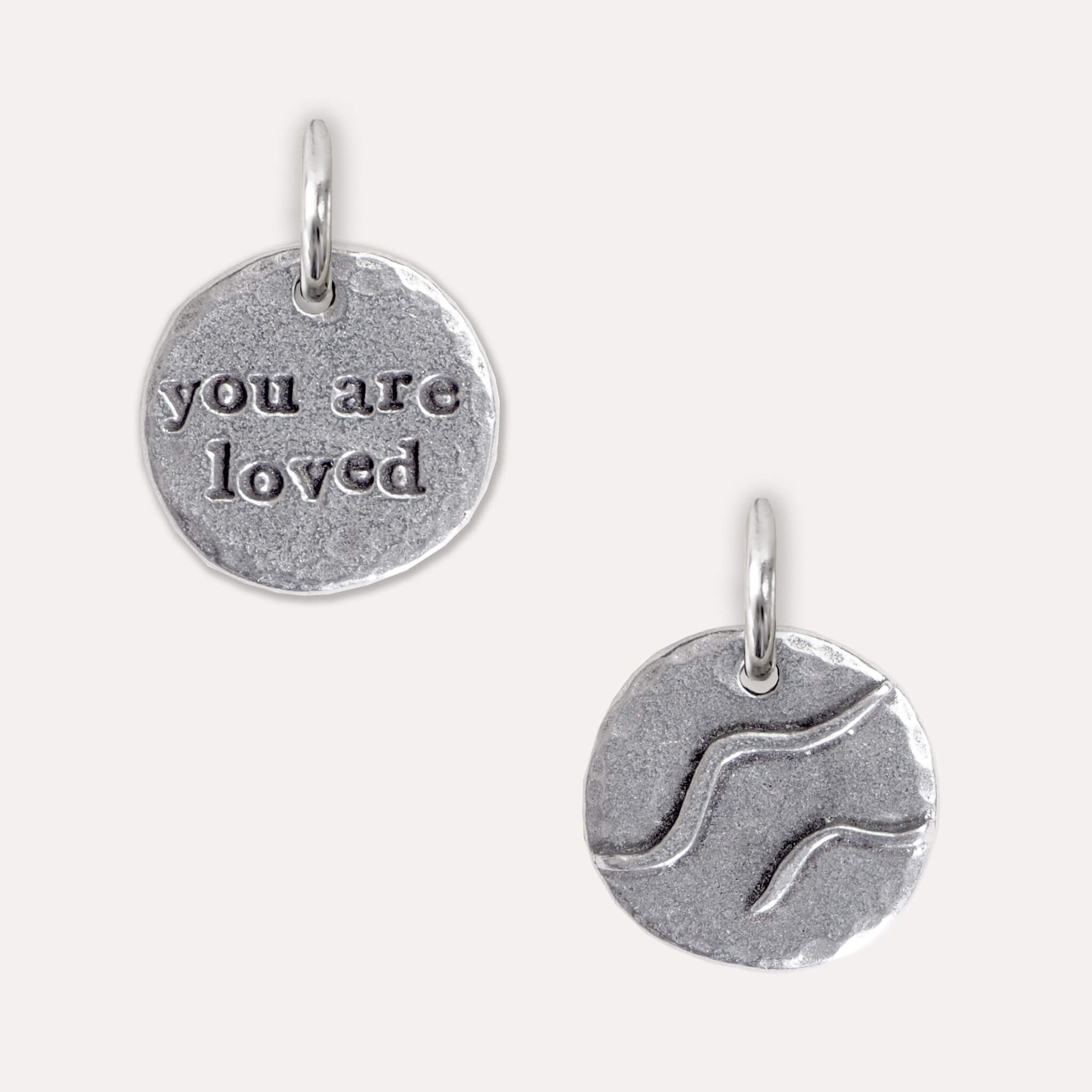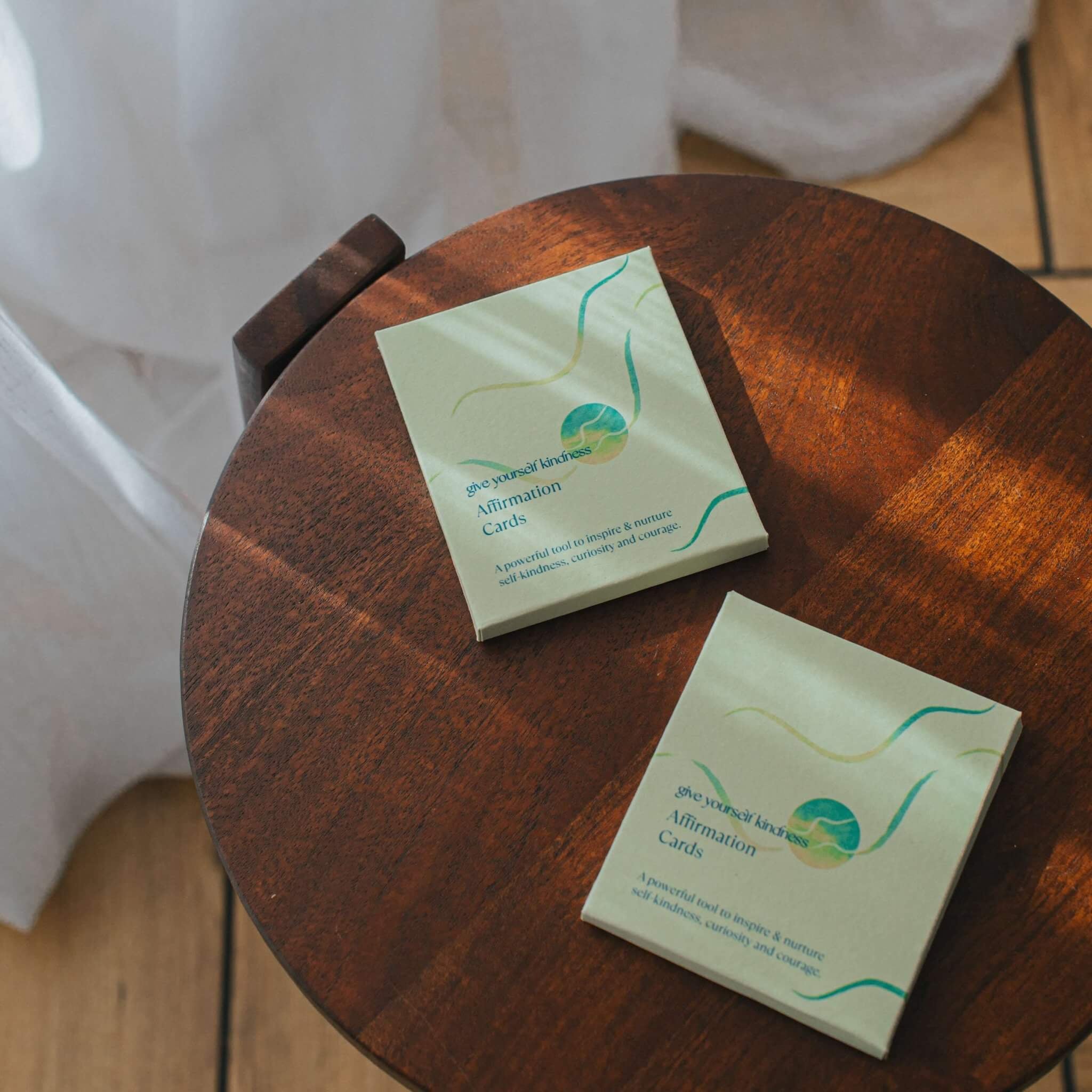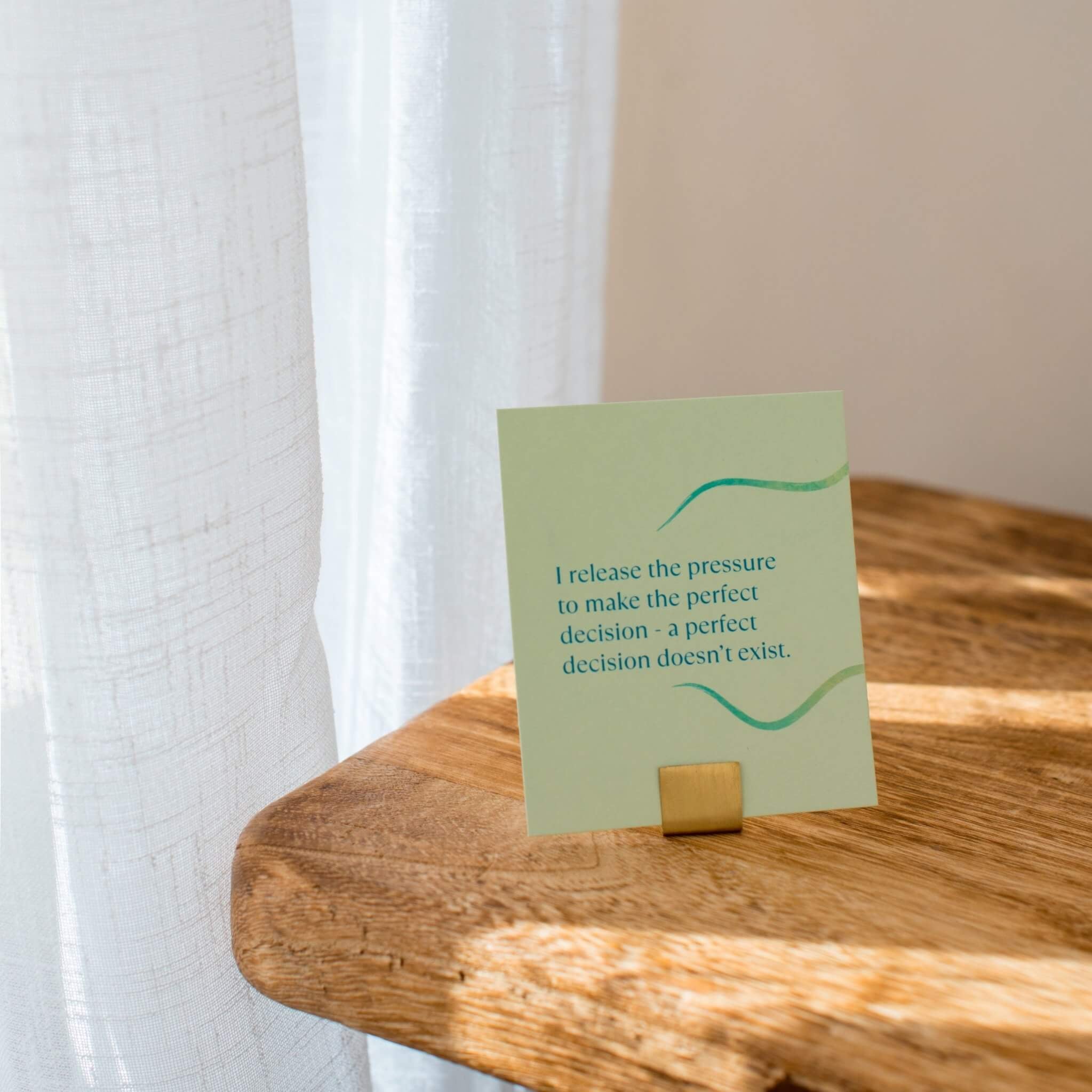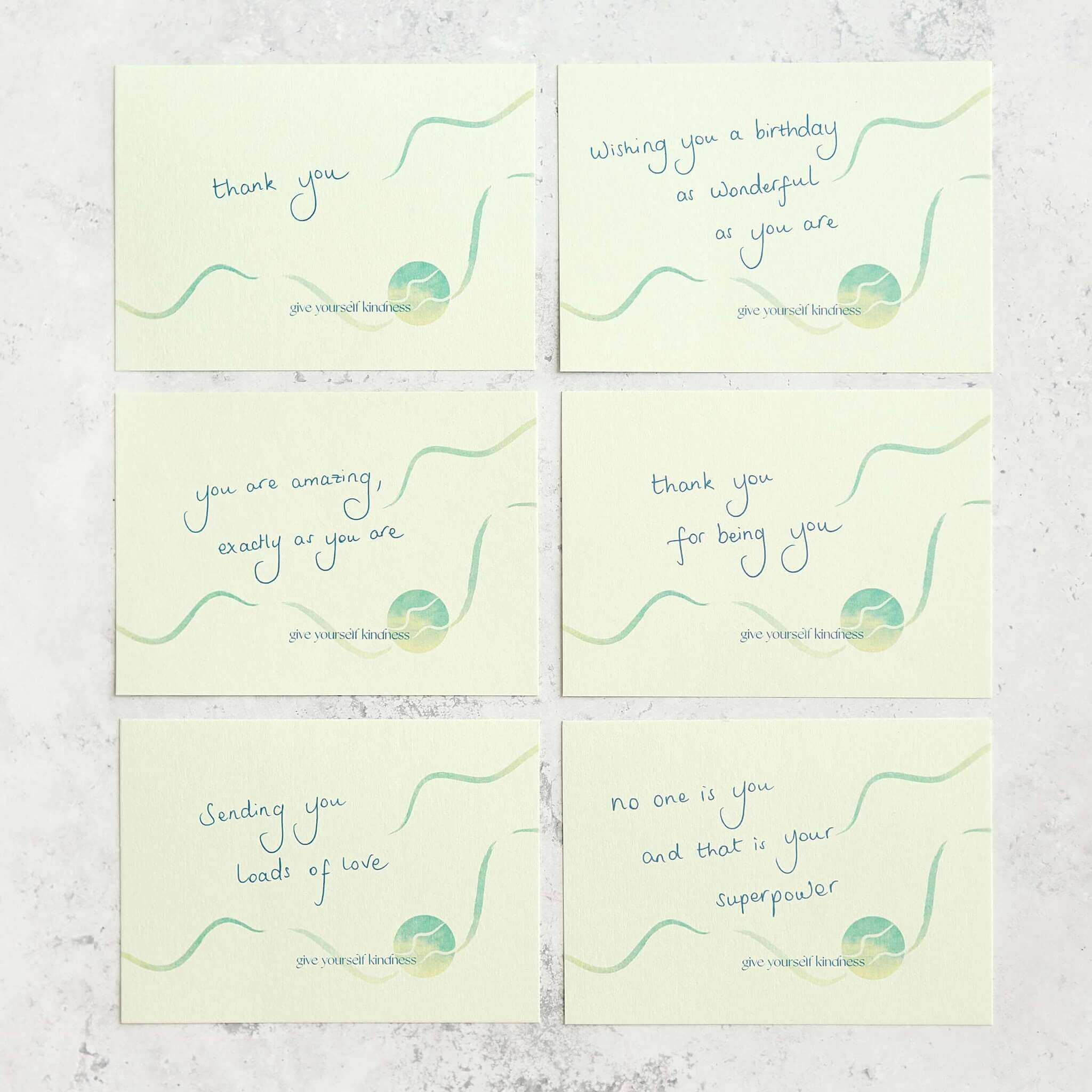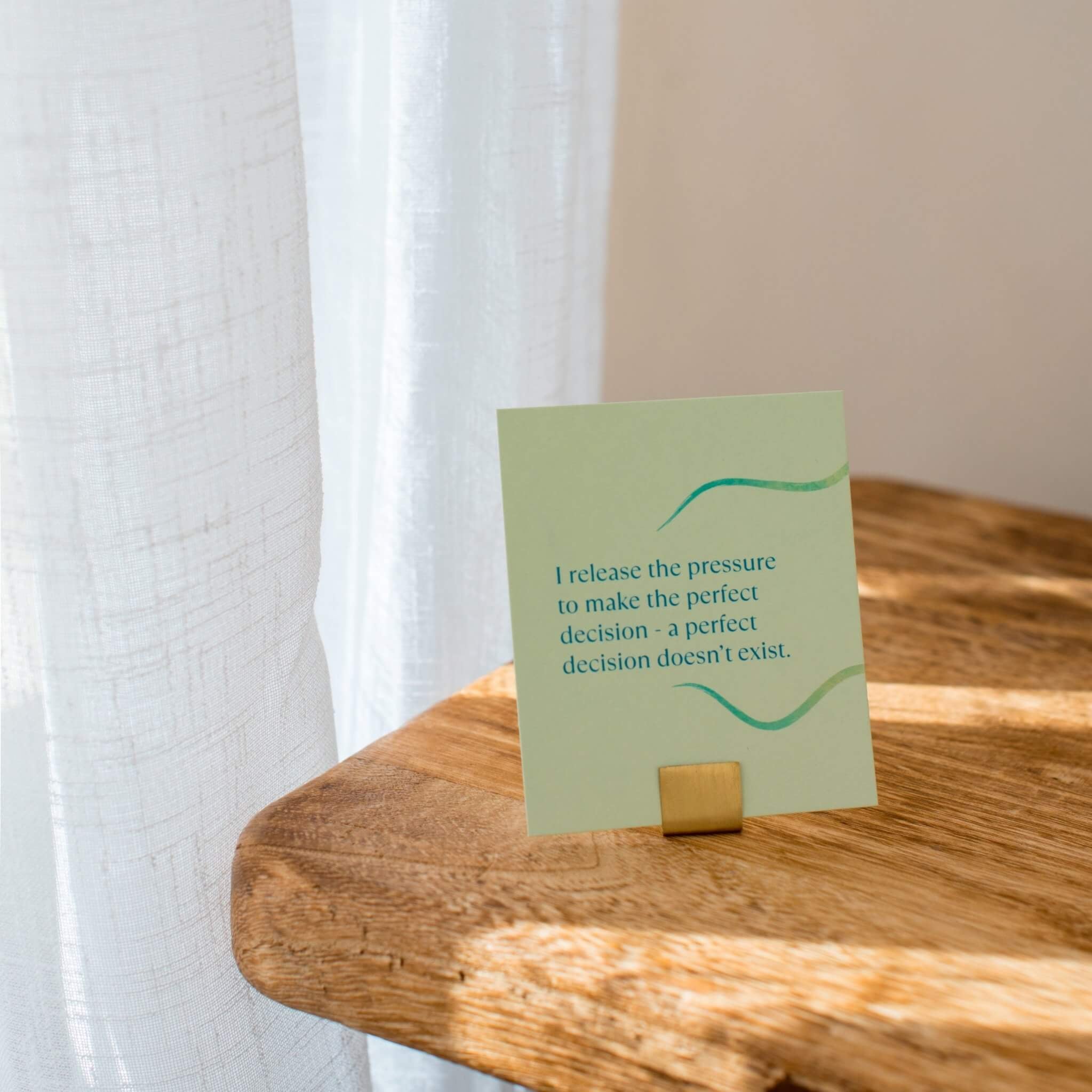written exclusively for Give Yourself Kindness by Dr Chris Irons, a clinical psychologist and one of the world's leading researchers, trainers & practitioners of Compassion Focused Therapy (CFT).
Why self-compassion?
The past 25 years have seen a huge increase in the interest in self-compassion as a concept, and as a focus for research. In fact, there’s now substantial evidence regarding the benefits of self-compassion.
'people with higher levels of self-compassion tend to have higher levels of wellbeing'
Studies have found that people with higher levels of self-compassion tend to have higher levels of wellbeing, positive emotions and happiness, and lower levels of shame, self-criticism and symptomology related to psychological distress (for example, depression, anxiety and PTSD).
Normalising the fear of self-compassion
But whilst self-compassion is a powerful tool for healing and personal growth, it can often evoke a significant amount of fear and resistance.
For many, although being compassionate to others feels more comfortable, the idea of treating ourselves kindly can feel scary.
Understanding these fears - and effectively working with them - is a cornerstone of Compassion Focused Therapy (CFT), a model developed by Professor Paul Gilbert and something that I’ve dedicated over two decades of my life to researching, writing about and helping people with.
In this article, I’ll delve into the common fears associated with self-compassion, and offer some practical strategies for addressing them within the framework of CFT.
Common fears of self-compassion
Despite its benefits, in my experience it’s common that self-compassion can provoke significant fear and resistance when people consider practicing this for themselves.
Here are 10 of the most common fears associated with self-compassion:
1. Fear of laziness
Many people worry that being kind to themselves will lead to complacency. They believe that self-compassion will diminish their motivation, and that without it, they’ll become lazy or idle.
2. Fear of weakness
Some view self-compassion as a sign of weakness. They fear that being compassionate towards themselves will make them vulnerable or less resilient, and that it represents ‘softness’ and being ‘wishy washy’. Some men in particular have the misunderstanding that self-compassion is a feminine trait.
3. Fear of emotional overwhelm
For those who have experienced trauma or intense emotional pain, the idea of turning inward with compassion can be terrifying. They fear that facing their pain with kindness will lead to them being overwhelmed by their emotions. As one person told me, “I fear that I’ll drown in my painful feelings”.
4. Fear of sadness or grief
Some people can have a fundamental concern that if they were begin to open themselves to self-compassion, this would trigger a sense of sadness or grief that would feel scary or overwhelming.
For others, there can be a sense that like a great dam, self-compassion would unleash a never-ending flow of distress that would wash them away.
5. Fear of loss of control
Similar to the two previous concerns, some people who rely heavily on emotional, cognitive and psychological control to manage their lives, may fear that self-compassion will undermine their sense of control. They worry that being compassionate will lead to a loss of structure and stability.
6. Fear of emptiness
In comparison to a fear of ‘too much’ emotion, for some a concern is that by becoming self-compassionate, they’ll end up feeling empty, cut-off and disconnected from themselves
7. Fear of unworthiness
Many people feel fundamentally unworthy of compassion. This can be related to deep-seated feelings of shame and self-loathing that can either make the idea of self-compassion seem impossible, and only reserved for other people who don’t have problems or flaws.
8. Fear of losing self-criticism
Sometimes the fear of becoming more compassionate with ourselves links to what we’ll lose in the process.
In particular, there can be a sense that I’ll lose my self-criticism which can be scary as many people have sense (although rarely actually true) that self-criticism has been helpful for them and that without it, bad things will happen (for example, their standards will slip, or they’ll become arrogant or harmful to others).
9. Fear of selfishness
Because self-compassion is, by its nature, focused on ourselves, this can cause some people to fear that it will lead to a type of selfishness and indulgence.
10. Self-compassion as self-pity
A final common concern is that self-compassion is associated with self-pity – that it involves feeling sorry for ourselves that can feel indulgent and off-putting
The fear of self-compassion scale
Do any of the above fears seem familiar to you? Are there some that stood out more than others?
I often say that you know something is common in life when a psychologist develops a questionnaire to measure it!
And low and behold, some colleagues of mine developed The Fear of Compassion Scale, back in 2011. This questionnaire has three subscales: the fear of compassion for others, the fear of compassion from others, and of course, the fear of self-compassion.
The link between fear of self-compassion and mental health problems
Research on this questionnaire – and in particular, the fear of self-compassion – has found that people who score higher on this tend to have higher levels of mental health problems, along with higher levels of shame and self-criticism.
If you’d like to see how fearful you are of self-compassion, you can take this test for yourself, and find out how your scores compare to the general public. Click here to find out!
Working with the fears of self-compassion in CFT
Compassion Focused Therapy provides a structured approach to understanding and addressing these fears. Here are 10 key strategies for working with the fears of self-compassion within the CFT framework:
1. Defining what compassion actually is
Before exploring the fears associated with self-compassion, it’s important to define what self-compassion entails. Self-compassion, as understood in CFT, involves treating oneself with the same kindness, concern, and support that one would offer to a good friend.
'a sensitivity to the suffering of self and others'
We define compassion as “a sensitivity to the suffering of self and others, with a commitment to relieve and prevent it”. Key to this definition is that it holds two related but separate parts:
-
The ability to notice, engage with, tolerate and understand distress and suffering (whether in ourself or others)
-
The ability to take wise action to, where possible, relieve distress and suffering, and to take steps to prevent it returning
This definition itself can be useful, because we can start the process of thinking about where some of the fears – as outlined above – fit with it. For example;
- Where does a fear that self-compassion being weak fit with the two parts of compassion?
- Does engaging in distress and suffering sound weak?
- Does taking steps to reduce suffering take weakness?
2. Explore examples that might contradict the fears
Sometimes a powerful way of undermining the fears of compassion are to help people to explore examples of how, rather than being tied to fears, it instead is often the opposite. Let’s look at some examples:
Challenging the idea that compassion is weak
If you think about a firefighter, they embody much of what we in CFT would hold as compassion.
For example, imagine a child trapped in a burning building. The firefighter is sensitive to this – they are aware of the child’s distress (the first part of compassion) and then they have spent years training themselves to take wise action in how to safely rescue that child (the second part of compassion).
But, if you were going to describe a firefighter, would you say that they are typically weak, lazy or selfish?
Well, no, not at all. In fact, what you’re far more likely to do is describe them as brave, courageous and strong. So we can use examples like this – in a guided and reflective way – to help people think about how at its heart, compassion often requires strength and courage.
'compassion often requires strength and courage'
And that’s certainly the case with self-compassion. Imagine someone who experienced something traumatic earlier in life, something really painful.
If we were to help them in therapy with this, we often have to get them to think about, recall and engage with those painful memories so as we can take some of the pain and sting away from them.
But this process – of being sensitive to our painful memories (first part of self-compassion) and then taking wise action (second part of self-compassion) is certainly not easy, take weakness or involve laziness. Again, in my experience as a therapist having seen hundreds of traumatised patients, this takes great strength and courage.
3. Psychoeducation
Educating clients about the nature and benefits of self-compassion can be helpful. Explaining the evolutionary origins of compassion, how it emerged as part of mammals way of meeting and alleviating distress (the caregiving motivation) and how it is therefore is fundamentally tied to physiological and psychological well-being.
'part of mammals way of meeting and alleviating distress'
Sometimes it’s useful to highlight research showing that self-compassion is associated with greater emotional resilience and motivation to deal with problems, setbacks and difficulties, rather than laziness, is useful.
4. Normalizing fears
It can be useful to understand that fears of self-compassion are very common, and from a CFT point of view, often is the work of therapy.
'fears of self-compassion are very common'
It can be helpful here to explore where these fears came from. For example, “what experiences in life have left you with the idea that self-compassion will make you lazy?” or “which people in your life have shaped your sense that self-compassion is weak?”.
These types of explorations can sometimes help to reduce shame, and help in recognising that we’ve learned these beliefs about self-compassion through events and interactions in life.
5. Developing a compassionate tolerance and understanding of fears
Given that we’re discussing the fear of self-compassion, just like other fears, we can help ourselves to learn how to be in the presence of these feelings but instead of turning away or avoiding it, instead learn to tolerate and understand them. So we can begin to practice compassion for the fact that we’re scared of self-compassion!
6. Engage in Compassionate Mind Training (CMT)
CMT are a variety of body and mind trainings that have been found to stimulate our physiology in helpful ways (e.g. by stimulating the parasympatethic nervous system). Practicing them have also been found to lead to lower levels of psychological distress (for example, self-criticism, shame, insecure attachment, depression and stress) and higher levels of wellbeing, happiness and compassion.
Some core CMT practices that can help with the fear of self-compassion are:
(i) Soothing rhythm breathing
A practice designed to activate the parasympathetic nervous system and create a sense of calm and safety. This practice can help manage the physiological arousal that often accompanies fears of self-compassion.
(ii) Building a compassionate self
In CFT, developing a compassionate self is a foundational practice in CMT. This involves creating an internal image or persona that embodies qualities of warmth, strength, wisdom, and commitment. This compassionate self can then be used as a resource to address fears and self-criticism.
(iii) Developing a compassionate other
The practice involves developing an image of a compassionate figure that embodies wisdom, strength and commitment. This could be human, an animal or a piece of nature but once developed, we can then use it to experience compassion and support flowing towards us from the image.
Free audio guides and written scripts for these practices can be found here.
7. Addressing self-criticism
Research has found the fear of self-compassion is associated with higher levels of self-criticism. So one way to help people become less fearful of compassion is to focus on reducing self-criticism.
Let curiosity meet self-criticism
There are lots of things that can help here, including becoming more familiar with the content of our self-criticism, what function it plays in our life, what it would look like if we could put an image to it, and our fears of what would happen if we were to give it up. We can also explore what it’s like to bring compassion to our self-critic, and in particular, the fears that sit behind it.
8. Gradual exposure
For fear of emotional overwhelm, gradual exposure to self-compassion practices can be beneficial. Here, we can start with small, manageable steps and gradually increase the intensity as they become more comfortable. This can help build tolerance and reduce fear.
9. Fostering a sense of common humanity
It can be helpful to know that we’re not the only one who has fears about self-compassion. Knowing that we’re not on our own about this, and not strange to feel the way we do, can help reduce shame and lead to a greater sense of common humanity.
'we’re not on our own'
This is where therapy (either individual or group) can be useful as we have the support of other people in helping us navigate any fears that we might have.
10. Encouraging persistence and patience
Whilst it would be great if the fears of self-compassion disappeared as soon as we start working with them, it’s important to remember that it can take some time.
'self-compassion is a gradual process'
Like getting fit or learning a new language, self-compassion is a gradual process that requires persistence and patience. It’s useful to be gentle with ourselves as we navigate this journey, and to celebrate small victories along the way.
The fears of self-compassion: common but not insurmountable
The fears of self-compassion are a common and significant barrier for many individuals, but they are not insurmountable.
Through CFT, we can learn to understand and work with these fears, ultimately developing a more compassionate and supportive relationship with ourselves.
By addressing the fears of self-compassion with patience, understanding, and structured interventions, we can move beyond resistance, and find a path to the benefits of treating ourselves in this way.
'greater emotional resilience, improved mental health, and a more fulfilling life'
Whilst this journey is not always easy, with help and support it is possible, and can lead to greater emotional resilience, improved mental health, and a more fulfilling life.
And the proof is in the pudding, as they say. Studies – including those I’ve been involved with - have consistently found that between the start of people engaging in CMT or CFT, scores on the fear of self-compassion significantly reduce. So even if you do find self-compassion scary in some way, engaging in the ideas and practices of CFT can help.

Dr Chris Irons is a Clinical Psychologist, and completed his training at the University of Sheffield (UK). He has many years of experience working in the NHS, and is now co-director of Balanced Minds. Here, he provides psychological assessment, formulation, therapy and training courses. In his clinical work, he uses Compassion Focused Therapy (CFT; Gilbert & Irons, 2005) in working with people with a wide range of mental and physical health distress.




















